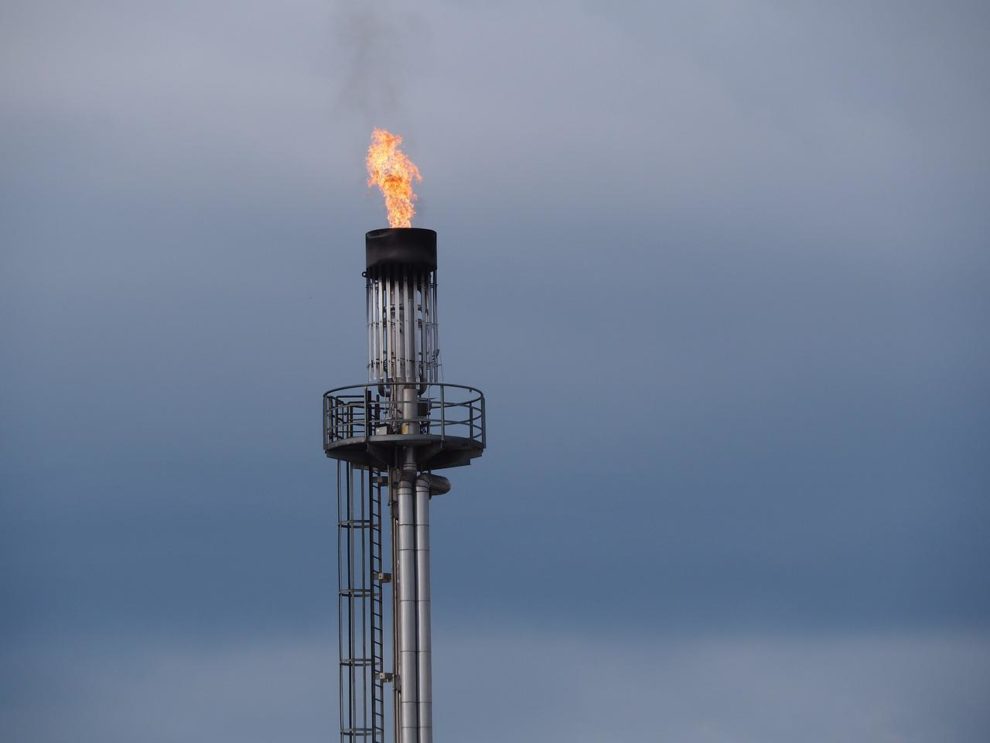A new pipeline to carry Norwegian gas via Denmark was opened in Poland on Tuesday in a move to strengthen Europe’s energy security after Russia cut off Warsaw’s supplies.
The project is part of years-long efforts by Poland to wean itself off its dependence on Russian gas, which once represented two-thirds of its annual consumption.
This year, Russian giant Gazprom stopped supplies altogether after Polish gas operator PGNiG refused to pay its bill in rubles following Russia’s invasion of Ukraine.
Gazprom has also cut off deliveries to other countries in Europe, upending the region’s energy sector.
At a ceremony in western Poland, Norwegian Energy Minister Terje Aasland said the project was “a milestone on the important path towards European independence from Russian energy.”
The ceremony coincided with news of a series of mysterious leaks on the two Nord Stream pipelines linking Russia to Europe through the Baltic Sea, raising fears of sabotage.
“The very concerning events of yesterday with leaks from Nord Stream I and II highlight the urgency of increasing our energy security in Europe,” Danish Prime Minister Mette Frederiksen said at the ceremony in Budno, Poland.
She said it was “hard to imagine” that the three leaks were “accidental”, noting it was “unusual” for them to happen at such a distance from each other.
The pipeline launch in Poland “marks a crucial geopolitical step for all of us”, she said.
“We have to do all we can to remove energy as a Russian instrument of power,” she added.
Russian President Vladimir “Putin uses Russian energy as a weapon to destabilise Europe, to divide us. He cannot be allowed to succeed,” Frederiksen said.
– ‘Polish dream’ –
Polish President Andrzej Duda called the new pipeline “a Polish dream”, while Prime Minister Mateusz Morawiecki said that “the era of Russian gas dominance is ending”.
Baltic Pipe has a capacity of 10 billion cubic metres per year and is a link to the Europipe II connecting Norway and Germany.
PGNiG said in a statement that the pipeline would carry 6.5 billion cubic metres of gas in 2023 and this would rise to 7.7 billion in 2024.
Deliveries are to begin on October 1.
Poland earlier this month struck a deal with Norwegian giant Equinor for 2.4 billion metres per year — around 15 percent of its total consumption — from 2023 to 2033.
But Polish experts have criticised the government for waiting too long to sign contracts and therefore paying a particularly high price for Norwegian gas.
The Baltic Pipe project has been planned for years but has been delayed multiple times.
Construction of the partly submerged 900-kilometre (559-mile) pipeline eventually began in 2018 but work was suspended in 2021 over environmental concerns.
Within days of Russia’s invasion, however, Danish state-owned firm Energinet said work had resumed on the pipeline after the project was granted a new environmental permit.
